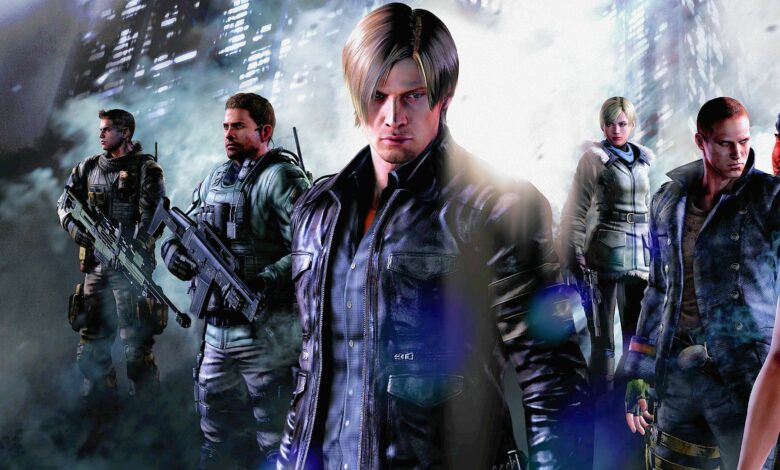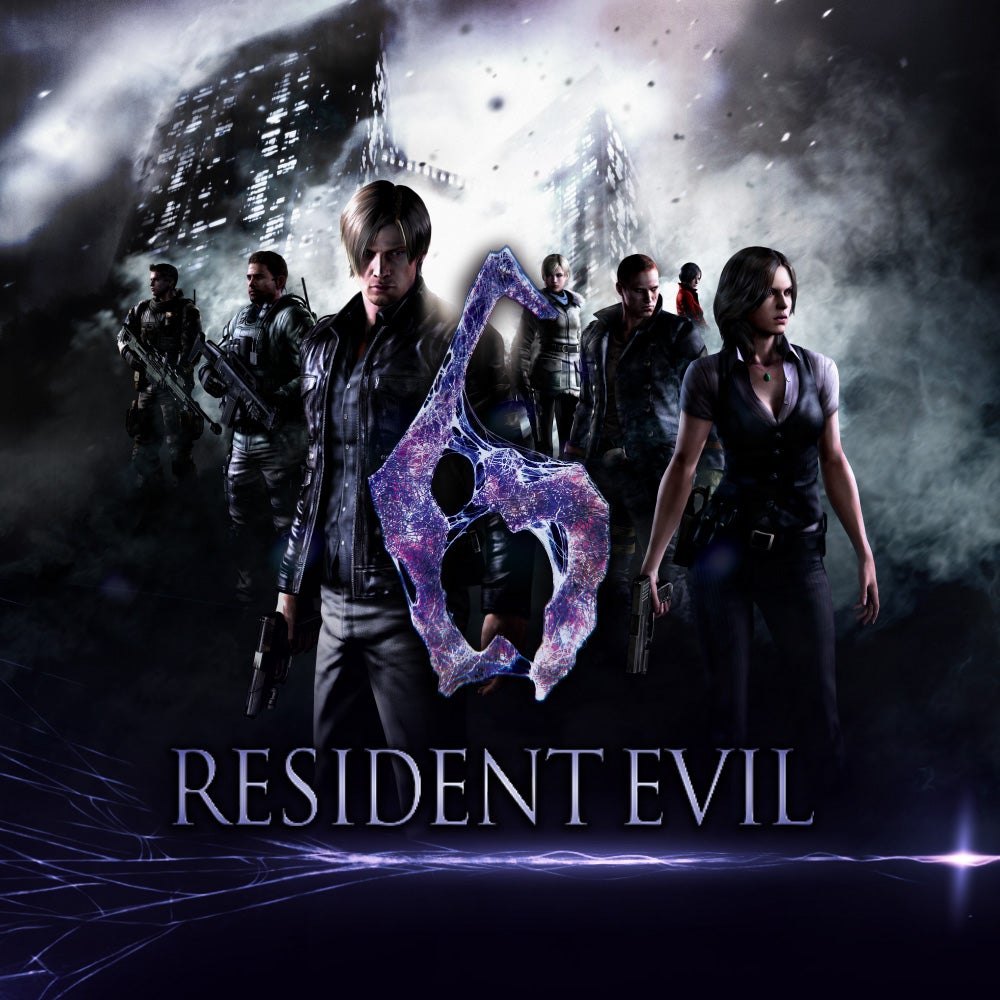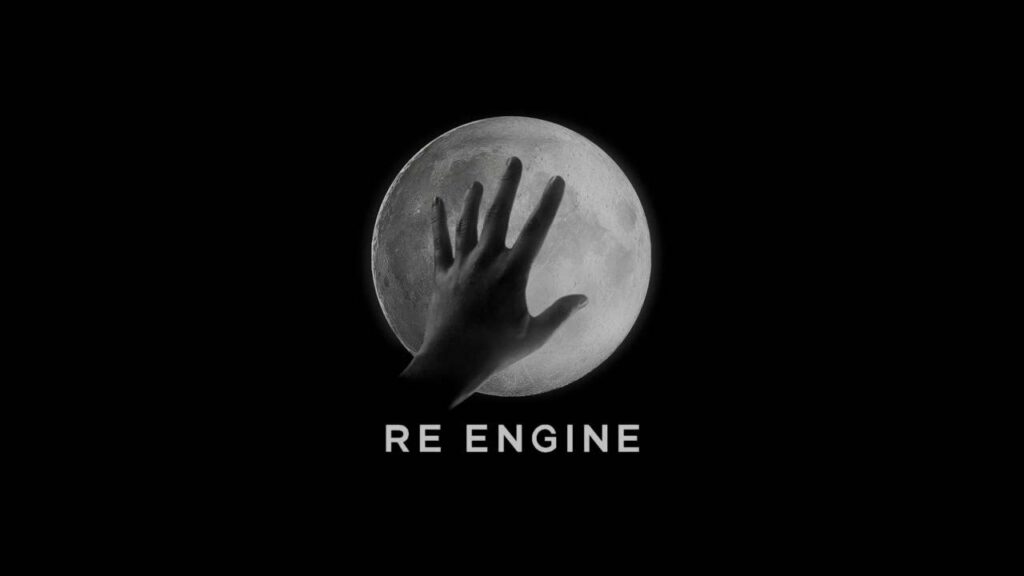How the worst Resident Evil game saved the franchise
Yes, you read the headline correctly.

How can a game commonly associated as the worst in the series simultaneously save it? Typically, games hit with such critical blowback hammer nails into the coffin of previously cherished series. For reference, just take a look at Silent Hill: Downpour. Yet in the same year Silent Hill released the stinker that would put its franchise on the shelf, Resident Evil similarly launched a critical flop that could have earned it the same fate.
But it didn’t.
Instead, the Resident Evil franchise is stronger than ever today. With the upcoming release of the long-awaited Resident Evil 4 remake on the horizon, the series sits just as high as it did when it began in the ’90s. But why?
Sure, Silent Hill is teasing a comeback of its own in a similar vein to Resident Evil, but Capcom’s horror series took the bite first. With that said, let’s look at how the worst Resident Evil game saved the franchise.
Money talks, and you know what walks

To understand why Resident Evil was able to rebuild fan trust while Silent Hill fizzled out, let’s go back to the critical year of 2012. That year, the two largest franchises in survival horror each released a new title: Silent Hill: Downpour and Resident Evil 6. To put it bluntly, 2012 was not a great year for the genre.
In Capcom’s case, longtime fans look at RE6 as the title that officially jumped the shark. Though people criticized its previous mainline entry for including such ridiculousness as showing Chris Redfield punch through a boulder, the sixth entry pushed the action/horror balance over the edge. At this point, to even classify the game as survival horror would garner laughs from players.
For Konami, on the other hand, the latest entry to its flagship horror series drew criticism primarily for being too dull. Muddy visuals and poor enemy designs place Downpour square into the realm of average. So, when you compare the negative attention from both of these games at launch, the obvious conclusion stated that AAA survival horror was officially dead.
However, the sales numbers tell a different story. Though both games were critical failures, only one was a commercial flop. Despite its hatred from fans, Resident Evil 6 sold the most copies of any other game in the series to date. Yet, when you look at the figures for Downpour, its sales are just as mediocre as the game itself.
As a result, Resident Evil was still in the fight. And it was only a matter of when, not if, the franchise would see a comeback.
Reach for the moon

The Resident Evil series is no stranger to adaptation. The elephant in the room, RE4, is the first major instance where the franchise dramatically shifted its direction. Incorporating more action elements and switching to an over-the-shoulder perspective drastically changed the series from its isometric horror predecessors.
Naturally, the success of that title inspired Capcom to continue in the direction of action all the way up to the sixth entry. Yet, while the studio initially set its sights on furthering the action even more for the seventh game, problems in early development shed light on the idea that the series needed to make another large-scale shift.
For that reason, Capcom CEO Kenzo Tsujimoto placed longtime RE producer Jun Takeuchi in the driver’s seat for the next game’s development. Having worked on Resident Evil games spanning from its first entry to 5, Takeuchi took his lead role on the seventh mainline game very seriously.
His first task was deciding what Resident Evil is and how it can grow. Ultimately, Takeuchi decided its identity is horror and the next step towards evolving the series was to develop the game with a first-person perspective. From there, Takeuchi built a team that shared his vision and got an approved budget from investors.
However, the next monumental step towards creating this drastically different Resident Evil title was developing a new game engine that would accommodate the changes. As a result, in 2014, development for the RE Engine (REach for the Moon Engine) began. With a new proprietary engine at Capcom’s disposal, it became possible for Takeuchi and his team to bring Resident Evil 7 to life.
Ask and you shall receive
For years, RE fans salivated at the mouth for a return to the series’ horror roots. Following early trailers, the expectations for that return to survival horror were officially set. When Resident Evil VII: Biohazard launched in 2017, the game exceeded the expectations of longtime fans.
Photorealistic visuals and the immersion of a first-person perspective were only two of the ways RE7 dialed up the tension. Mechanically, this was as pure of a survival horror title as you could get. Limited resources brought inventory management back to the forefront, and the game returned the creative puzzles fans cherished from early titles.
In addition, the Baker family served as some of the most interesting antagonists in RE history. Jack Baker, in particular, left a chilling impression in the minds of gamers. Utilizing stalker mechanics akin to Tyrant and Nemesis, the chase through the house with Jack at the beginning of the game serves as some of the most heart-pounding and frightening memories I have as a gamer.
Another element that sets RE7 apart is the grounding of its protagonist and location. Though the end of the game ties things back into the larger universe, the meat of the story focuses on a regular and relatable Ethan Winters. Ethan isn’t a trained operative or even a police officer. He’s just an average joe caught in a horrific nightmare on a rundown estate in Louisiana trying to save his wife.
Needless to say, the combination of old-school survival horror with fresh changes to the overall RE formula made Biohazard both a commercial and critical success. It didn’t take long for 7‘s sales to topple those of 6, nor did it take long for Capcom to capitalize on the success in the remakes and sequel that would follow.
The modern legacy of Resident Evil
Obviously, Resident Evil VII: Biohazard is the game that ultimately put the franchise back in a positive light. But in a way, it was really Resident Evil 6 that saved it to begin with. Had sales figures not done as well, Capcom may have scrapped the franchise altogether. Likewise, if critical attention for RE6 wasn’t so divisive, there may have been no real reason to keep evolving.
If you love Resident Evil VII: Biohazard and Resident Evil Village, or if you go head over heels for the remakes of RE2 and RE3, you have to give RE6 its due. Just as Resident Evil: Zero alerted Capcom that it needed to shift gears for RE4, Resident Evil 6 sent the message that it was time to dramatically evolve the series once again.
The bottom line is that for Resident Evil VII: Biohazard to be as good as it is, Resident Evil 6 needed to be as bad as it is. So, when I say the worst game in the series saved it, that’s what I mean. Now, we can look ahead to even more great survival horror titles in the Resident Evil series. With the remake of RE4 so near, we have to appreciate the road Capcom took to get here.
Resident Evil 4 crawls out next month!

Resident Evil 4 will launch on March 24 for PlayStation 5, PlayStation 4, Xbox Series X/S and PC, costing $59.99. In addition to the standard edition, the game will also receive both deluxe and collector’s editions. The deluxe edition comes with new skins, weapons and the ability to switch the soundtrack to the original version from 2005. The collector’s edition comes with the extra DLC from the deluxe edition, as well as some physical goodies.
Resident Evil 4 Collector’s Edition content
- Resident Evil 4 + Steelbook
- Extra DLC pack product code
- Digital soundtrack
- Leon S. Kennedy figurine
- Artbook
- Special map
- Collector’s box
Do you agree with me that Resident Evil 6 saved the franchise and brought it to where it is today? Or am I thinking too deeply and need to go back to bed? As always, let us know what you think down in the comments!

